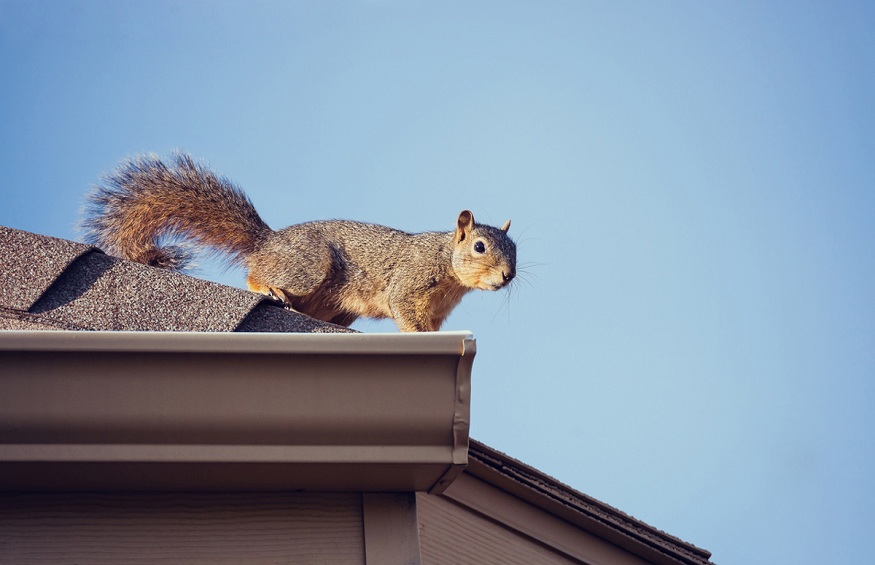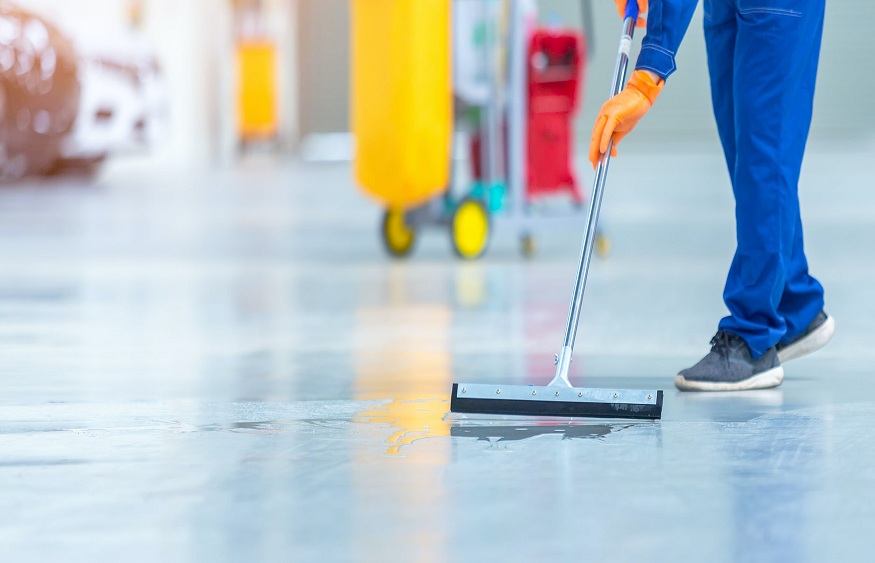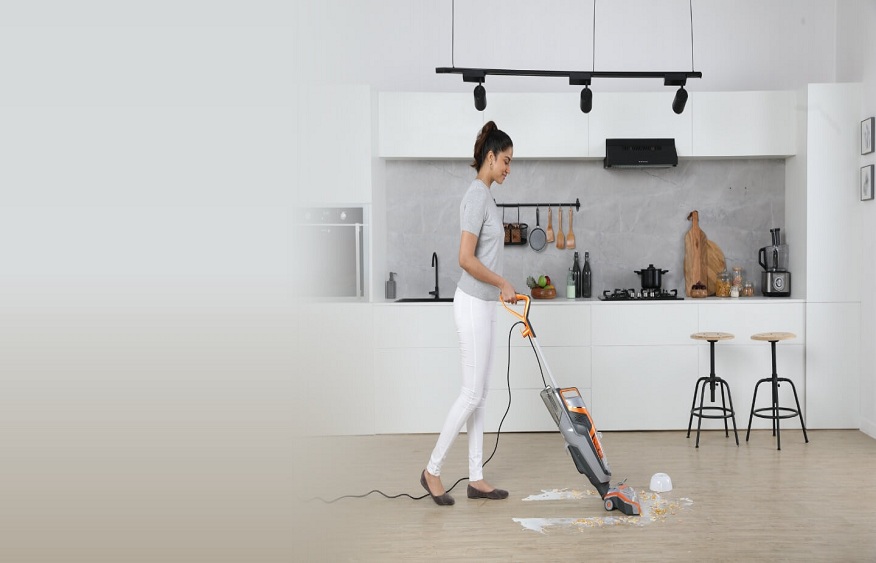Welcome to our blog post on the havoc that squirrels can wreak on your humble abode. These furry creatures may seem harmless and cute, but don’t be fooled by their adorable appearance! Squirrel infestations can lead to a myriad of problems for homeowners, from costly structural damage to potential health risks.
In this article, we’ll dive into the world of squirrel-induced chaos and explore ways to prevent and control these pesky intruders.
Squirrel Infestations
A squirrel infestation refers to a situation where a significant number of squirrels invade and occupy a property, often a home or a building, in an unwanted and disruptive manner. Squirrel infestations can cause various issues for homeowners, as these small mammals are highly adaptable and can find their way into attics, crawl spaces, chimneys, and other parts of a house.
Infestations occur when squirrels seek shelter, warmth, and a safe place to breed. They can cause extensive damage to the structure of a building by chewing through wood, insulation, and electrical wiring. This behaviour not only compromises the integrity of the home but also poses significant safety hazards, including the risk of electrical fires. Squirrel infestations can also result in damage to gardens, plants, and outdoor structures.
What Damage Do Squirrels Cause to Homes?
Squirrels, while often cute and entertaining to watch, can cause several types of damage to homes. Here are some common issues associated with squirrels:
Squirrels have sharp teeth that continuously grow, so they need to chew on objects to keep their teeth at a manageable length. Unfortunately, this can lead to damage to wooden structures, insulation, electrical wires, and even pipes in extreme cases.
Squirrels are skilled climbers and can find their way into homes through small openings, such as gaps in the roofline, eaves, or damaged vents. Once inside, they may nest in attics, walls, or crawlspaces, causing further damage and leaving behind droppings and urine.
Squirrels often use insulation materials for nesting purposes. They may tear up insulation, reducing its effectiveness and potentially creating air leaks.
Squirrels have been known to chew on electrical wires, which can lead to short circuits, power outages, and even fire hazards. This poses a significant risk to the safety of your home.
Squirrels may damage roofing materials in their attempts to gain entry into your home. Shingles, fascia boards, and vents are vulnerable to their gnawing and digging.
While not directly related to homes, squirrels can also cause damage to gardens and plants. They may dig up and eat bulbs, flowers, vegetables, and fruits, impacting landscaping efforts.
It’s important to address squirrel infestations promptly to prevent further damage. Seek professional assistance from pest control or wildlife removal specialists who can safely and humanely exclude squirrels from your home.
Health Risks Associated with Squirrel Infestations
When it comes to squirrel infestations in homes, the damage they cause is not just limited to property. These furry creatures can also pose health risks to you and your family.
One of the main concerns with squirrel infestations is their droppings. Like many other animals, squirrels leave behind faeces and urine wherever they go. This can lead to the spread of bacteria and parasites that can cause diseases.
Inhaling dried squirrel droppings or coming into contact with them can result in respiratory issues such as allergies, asthma attacks, or even more serious illnesses like histoplasmosis—a fungal infection that affects the lungs.
Squirrels are also known carriers of ticks and fleas. These tiny pests thrive on the blood of animals and humans alike, causing discomfort and potential transmission of diseases such as Lyme disease or typhus.
Moreover, squirrels may chew on electrical wires within your home, increasing the risk of fire accidents or power outages.
Prevention and Control Measures
When it comes to dealing with squirrel infestations, prevention is key. Taking proactive steps to keep these furry critters out of your home can save you from the headache of dealing with potential damage. Here are some effective prevention and control measures:
Seal entry points: Inspect your home for any gaps or openings that squirrels could use as access points. Seal these holes using sturdy materials like steel mesh or caulk.
Trim tree branches: Squirrels are expert climbers, so make sure to trim tree branches that hang close to your house. This will prevent them from easily jumping onto your roof.
Secure garbage bins: Squirrels are attracted to food sources, so securely cover trash cans and compost piles to avoid drawing them in.
Install chimney caps: Chimneys provide an easy entry point for squirrels, especially during colder months when they seek warmth indoors. Installing a chimney cap will block their access while still allowing proper ventilation.
By following these preventative measures, you’ll be taking important steps towards keeping those pesky squirrels at bay and protecting your home from potential damage!
Conclusion
Squirrels may seem like harmless creatures, but their presence in and around homes can lead to significant damage. From gnawed wires to chewed insulation and structural damage, these seemingly innocent animals can wreak havoc on a home if left unchecked. It is important for homeowners to be aware of the potential damages that squirrels can cause and take preventative measures to keep them at bay. By following the tips outlined in this article, you can protect your home from squirrel-related damages and live peacefully coexisting with nature’s furry friends.





